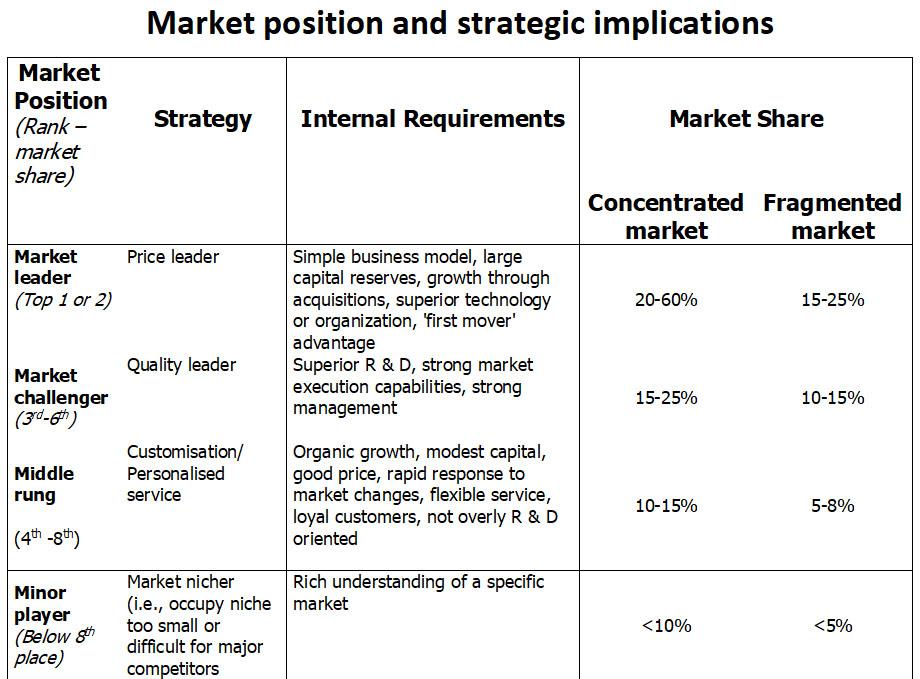In the ever-evolving landscape of artificial intelligence, Google DeepMind has once again pushed the boundaries of what is possible. Their latest groundbreaking achievement in the field of biotechnology is the development of an AI system capable of modeling DNA structure with unprecedented accuracy. This innovative technology holds the potential to revolutionize the way we understand and manipulate the building blocks of life. Let’s delve into the world of Google DeepMind’s cutting-edge AI for protein structure and its newfound ability to tackle the intricacies of DNA.
Overview of Google DeepMind’s AI Advancements in Protein Structure Modeling
Google DeepMind’s AI advancements in protein structure modeling continue to push the boundaries of scientific innovation. With their latest breakthrough, researchers at DeepMind have developed a groundbreaking artificial intelligence system that can now accurately model DNA structures in addition to proteins. This new capability represents a significant leap forward in our understanding of biological molecules and opens up exciting possibilities for drug discovery and personalized medicine.
Using state-of-the-art machine learning algorithms and data from experimental studies, Google DeepMind’s AI can predict the 3D structures of both proteins and DNA with unprecedented accuracy. By harnessing the power of deep neural networks, the system is able to analyze vast amounts of genetic data and accurately predict how these molecules fold and interact with one another. This technology has the potential to revolutionize the field of structural biology and pave the way for new treatments for a wide range of diseases. Additionally, the ability to model DNA structures opens up new avenues for understanding genetic disorders and designing targeted therapies.
Implications of DeepMind’s DNA Modeling Capabilities for Biomedical Research
DeepMind’s latest breakthrough in AI technology has opened up exciting possibilities for biomedical research with its newfound ability to model DNA structures. This development goes beyond their previous success in modeling protein structures and has the potential to revolutionize the way we understand and manipulate genetic material.
<p>With DeepMind's advanced algorithms, researchers can now explore the complexities of DNA at a molecular level, unlocking new insights into genetic diseases, drug development, and personalized medicine. This capability may lead to groundbreaking discoveries in understanding how DNA interacts with proteins and other molecules, paving the way for more targeted and effective treatments for a wide range of health conditions.</p>
Challenges and Future Potential of DeepMind’s AI in DNA Structure Prediction
Despite the impressive strides made by DeepMind in protein structure prediction, there are still significant challenges that need to be addressed when applying this technology to DNA structure prediction. One of the major hurdles is the complexity of DNA compared to proteins, as DNA structures are more diverse and dynamic. Additionally, the size of DNA molecules can pose computational challenges that may impact the accuracy and efficiency of DeepMind’s AI algorithms.
In the future, there is immense potential for DeepMind’s AI in DNA structure prediction to revolutionize fields such as genetics, personalized medicine, and drug discovery. With further advancements in machine learning and algorithms, DeepMind could potentially unlock new insights into how DNA structures influence biological processes and diseases. By harnessing the power of AI to accurately predict DNA structures, researchers could unravel the mysteries of the human genome and develop groundbreaking treatments for various genetic disorders. The possibilities are truly endless.

Recommendations for Integrating DeepMind’s AI into Drug Discovery and Precision Medicine
With the recent breakthrough in AI technology, Google DeepMind has expanded its capabilities to model DNA in addition to protein structures. This development opens up exciting possibilities for drug discovery and precision medicine, as the AI can now provide researchers with a deeper understanding of genetic material and its interactions with potential drug compounds.
The integration of DeepMind’s AI into drug discovery and precision medicine holds immense potential for revolutionizing the field. By leveraging the AI’s ability to accurately predict DNA structures, researchers can expedite the process of designing targeted therapies for various diseases. This advancement will not only streamline drug development efforts but also enhance the effectiveness of precision medicine treatments, ultimately improving patient outcomes.
In conclusion, the advancements made by Google DeepMind in the field of AI for protein structure modeling are truly groundbreaking. With the ability to now model DNA structures, the possibilities for further research and discovery in the realms of biology and medicine are endless. This new technology holds great promise for uncovering the mysteries of the human genome and advancing our understanding of genetics. The future of AI in scientific research is looking brighter than ever, thanks to innovations like this. Exciting times lie ahead as we continue to unlock the secrets of the building blocks of life.


